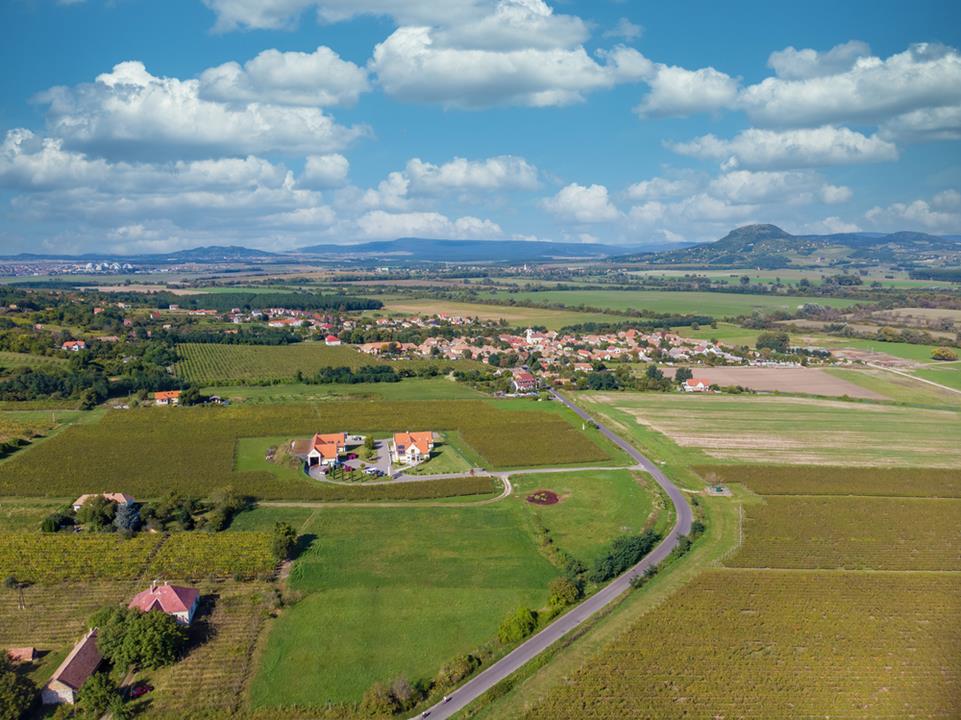Introducing the first Hungarian town to restrict property purchases: Discover who they’re aiming to keep out

Hungary’s Parliament recently passed a law granting municipalities the authority to decide who can move into their communities—empowering them to accept or limit new residents. Mezőkeresztes, a small town in north-eastern Hungary, is the first in the country to apply this new provision, which allows the local government to intervene in any property sale and purchase the property itself under the same terms as the intended buyer. Critics argue that the measure could be aimed at a specific ethnic group.
Restricting property sales: political suicide?
There is no denying that certain locations—such as the suburbs of Budapest or the area around Lake Balaton—are grappling with serious issues stemming from an increasing number of newcomers. Whether they are Hungarian, foreign nationals, permanent residents, or temporary workers living in rented accommodation, these towns are overwhelmed by the strain on local infrastructure, the shortage of nursery school places, overcrowded kindergartens, and even a lack of drinking water. From this perspective, allowing local governments to impose conditions on new residents might appear to be common sense.
However, prior to the adoption of the law, several mayors expressed concerns and stated they had no intention of implementing the new regulations, fearing public backlash. Some noted that, for most Hungarian families, real estate is their only major asset—meaning any policy that lowers property values (as restrictions on property sales are likely to do) could amount to political suicide.
- Rental prices in Hungary have surged again, with another spike expected due to the return of college students

Local government granted pre-emptive purchase rights
Although several towns near Lake Balaton expressed interest in leveraging some of the law’s restrictive provisions, it was the local council in Mezőkeresztes, Borsod-Abaúj-Zemplén County, that acted first. Under the new regulation, all property sale contracts must be submitted to the local municipality, and the town’s Financial and Economic Committee will decide whether the buyer may proceed or if the municipality will exercise its right to purchase the property under the same terms.
According to a report by G7, Mezőkeresztes is not facing overpopulation—the town’s population has consistently declined, as has the number of annual property transactions, which have fluctuated between just 3 and 15 per year since 2015. Property prices remain low despite the town’s proximity to Mezőkövesd, known for its thermal baths, and the M3 motorway.
- Budapest’s treasures are on the market: state-owned downtown palaces could quietly end up in private hands

New ordinance an attempt to curb incoming Roma families?
The town’s real issue appears to stem from the arrival of Roma families. In 2016, Mayor János Majoros published an open letter urging residents not to sell their properties below market value to Roma families. Nevertheless, according to Népszava article, Roma families began settling in the town, often with 10 to 15 people living in small, mud-brick houses.
Local residents generally support the municipality’s new pre-emptive purchase rights, although Roma individuals interviewed by the paper expressed dissatisfaction. Some even claimed that the mayor once declared a Roma person selling their home in Mezőkeresztes could only purchase a new one in another town.
Mayor Majoros denies such allegations. He insists the town operates a successful community programme in which the government purchases dilapidated, hard-to-sell homes—up to three per year—renovates them, and sells them at cost to young local residents. While the municipality makes no profit, it helps retain working-age locals. The key difference now is that the municipality can purchase any property—not just those voluntarily offered by sellers due to poor condition.
The government has repeatedly emphasised that municipalities are not obliged to exercise the powers granted by the new law, and that no ethnic group may be targeted or discriminated against.
Read more on Hungarian real estate.
Mezőkeresztes’ place in Hungary’s history
In October 1596, a battle near Mezőkeresztes became the largest engagement of the Long Turkish War, where around 200,000 Ottoman and Christian soldiers clashed. The Christians—including the army of Transylvanian Prince Zsigmond Báthory—initially drove back the Ottomans, forcing Sultan Mehmed III to flee. However, after a night of looting, the reorganised Ottoman forces struck back the next day and secured victory.
To read or share this article in Hungarian, click here: Helló Magyar







